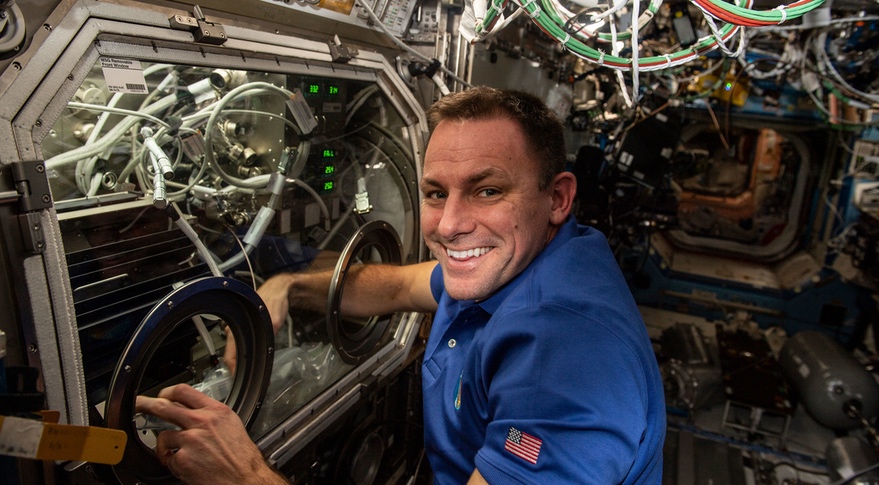Due to the budget deficit for 2023, NASA will not implement the CERISS project. It provided for sending professional scientists to the ISS in order to accelerate the research conducted there.

Budget deficit at NASA
The head of NASA’s Department of Physical and Biological Research, Craig Kundrot, at a meeting of all department heads on January 18, said that in 2023 his team would abandon the CERISS project, which provided for sending professional scientists working on narrow scientific problems to the ISS. The reason for this was the budget deficit in the agency.
In 2022, the Kundrot division had USD 82.5 million in funding. For 2023, they requested 100.4 million. Of these, 10 million should get directly to the CERISS project. However, the space agency’s draft budget approved in December has a figure of 85 million. Taking into account inflation, this turns out to be even less than in the past.
In such circumstances, the department simply cannot afford the implementation of CERISS. Instead of actually preparing scientists for space flights, they will start planning for the future. Kundrot, who would leave NASA at the end of the month, said the budget cuts would affect other department programs as well. In particular, projects under the programs “Prosperity in Deep Space” and “Quantum Physics” will be selected this spring. But the money for their implementation will appear only in 2024.
Why should scientists go into space?
A huge number of experiments are conducted on the International Space Station, sometimes they are devoted to very narrow scientific problems. Although the astronauts who conduct them have the appropriate training and sometimes even scientific degrees, they are not specialists.
In July 2022, the idea appeared to resume the practice of launching professional scientists into space, which once existed in the 1980s. The already mentioned Craig Kundrot then promised to accelerate research on board the ISS by 10-100 times.
Since then, NASA has been preparing to implement these plans and twice sent requests to the scientific community about what kind of research they are ready to conduct on board the ISS. They will make it possible to plan commercial scientific missions in the future. The deadline for submitting applications for them expires only on March 31. But what is now with them remains unclear.
According to spacenews.com
Follow us on Twitter to get the most interesting space news in time
https://twitter.com/ust_magazine

